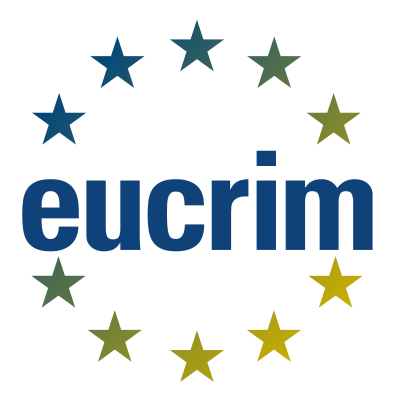AI Risk Management: EU Standards
The EU's proposed AI Act and Digital Services Act could significantly reshape AI use in financial institutions. These firms need proactive compliance strategies, robust AI governance, and enhanced risk management to navigate these regulatory changes over the next 2-3 years.

EU
Regulation and control of artificial intelligence misuse
EU Commision Collaborate to Combat Criminal Misuse of Artificial Intelligence
The European Commission recognizes the potential risks associated with the misuse of artificial intelligence (AI) by criminals. To proactively address these concerns, the Commission has implemented key regulations and collaborations:
- AI Act (2021):
- Guidelines for AI system development and use based on risk profile.
- Bans exploitative and manipulative practices.
- Mandates requirements for high-risk AI systems.
- Establishes transparency rules for chatbots and deep fakes.
- Digital Services Act (DSA):
- Introduces risk management and transparency rules.
- Addresses issues like illegal content, disinformation, and non-discrimination/minor protection.
- Europol and Commission Collaboration:
- Raising awareness among law enforcement authorities.
- Europol's Innovation Lab monitors emerging technologies.
- Eurojust's cybercrime team provides support in cybercrime cases.
The New Wave of AI Regulation in the EU: Implications and Strategies for Financial Institutions
- The European Commission is leading AI regulation with the proposed AI Act and Digital Services Act, addressing potential risks across various sectors.
- The AI Act provides guidelines, banning exploitative practices, mandating requirements for high-risk AI systems, and imposing transparency rules for tools like chatbots and deep fakes.
- Financial institutions within the EU face significant regulatory changes, requiring increased transparency, prohibition of certain AI practices, and heightened oversight from bodies like Europol.
- To adapt, institutions should establish robust AI governance, review existing applications for compliance, enhance risk management, and conduct employee training.
- Collaborating with regulatory bodies, such as Europol's Innovation Lab and Eurojust tackling cybercrime, ensures effective responses to AI-related challenges.
- Given the swift changes, financial institutions must act promptly, as the next 2 to 3 years could see significant shifts in the AI regulatory landscape.
Read More
Artificial Intelligence in Law Enforcement Settings
With the rise and spread of ICT-enabled crimes and illicit money flows (IMFs), law enforcement authorities and financial intelligence units need innovative investigative tools and skills, and organisational and regulatory adjustments to counter crime. The multi-disciplinary TRACE project is developi…

Reduce your
compliance risks


